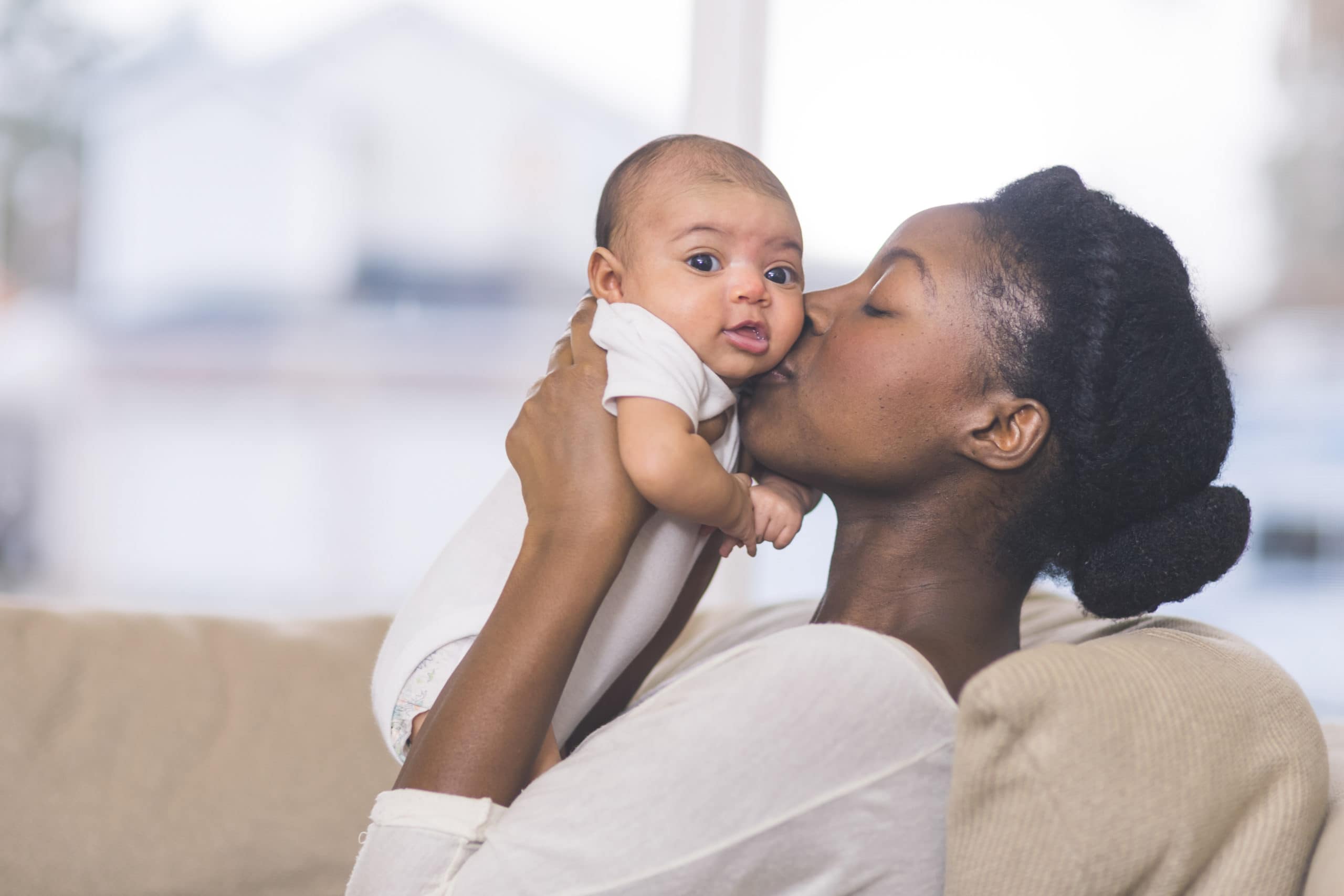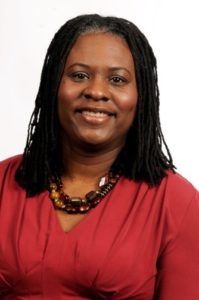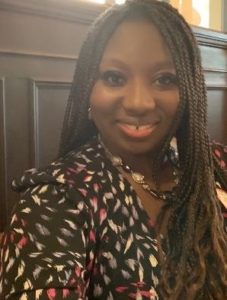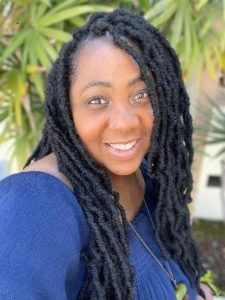Individuals Gather for 2021 Maternal and Child Health Symposium
| Champions for women’s health and birth equity was the topic May 7 of the 2021 Maternal and Child Health Symposium.
The symposium brought together virtually community leaders, students, researchers, health care workers and stakeholders to discuss the health disparities that exist among infant and maternal health outcomes.
“We know that maternal and infant mortality exists among African American women in Arkansas. There are some efforts to eliminate these disparities, but we need to do more, and this symposium was a good start for that work,” said Keneshia Bryant-Moore, Ph.D, APRN, associate professor and assistant dean for Diversity, Equity and Inclusion in the Fay W. Boozman College of Public Health, and symposium planning committee chairperson. “It was also an opportunity for us to bring together researchers and community members to create dialogue and partnerships about the resources that exist in the state.”
Morning speakers were Janai Harris, Sharla Smith, Ph.D., MPH, and Nicolle Fletcher.
Harris is the founder of More Chances Period, which provides free menstrual supplies to girls and women in underserved communities across central Arkansas. She spoke about what they do for Arkansas.
“Women spend around $7,000 on period supplies in a lifetime and 33% of women struggle to pay for those products,” said Harris. “If you need supplies, we will give them to you regardless of your background or situation.”
According to Harris, from March to April alone, they gave out over 12,000 pads and tampons to women in Arkansas.
Smith is an assistant professor of population health at the University of Kansas Medical Center. She discussed the work of the Kansas Birth Equity Network.
The network was launched by the Kansas Sisters and Brothers for Healthy Infants Initiative and established by Smith and Michelle Redmond. It works to educate, advocate, be a resource for and create birth equity in Kansas.
“African American infants in Kansas die at twice the rate of white infants,” said Smith. “Through community-based education and outreach, our goal is to have a greater impact among underrepresented families and to engage diverse stakeholders of color.”
Smith completed her Ph.D. in Health Systems and Services Research in the UAMS College of Public Health in 2013.
Fletcher, founding member of Ujima Maternity Network, Inc., talked about her organization and the impact of doulas in Arkansas.
“A doula provides emotional, physical and informational support for the birthing person, whether at home or at the hospital,” said Fletcher. “It is a nonmedical, birthing partner.”
Fletcher said that having a doula can decrease your chances of having a cesarean section by 35%.
“Ujima is a network of birth workers that address health disparities among Black Arkansans,” said Fletcher. “We create a powerful space for Black mothers to be heard, to be seen, to be valued and to be cared for.”
The goal of the network is to act as a liaison between Black mothers and providers. They aim to empower mothers to make meaningful decisions.
“We network with doulas around the state and go to places where there are health care deserts,” said Fletcher. “We then find doulas that live in those areas and invite them to join our network so that we can improve outcomes in those areas.”
The afternoon included two breakout sessions:
Gloria Richard-Davis, M.D., professor and division director for Reproductive Endocrinology and Infertility at UAMS, had a conversation about COVID-19 vaccine hesitancy among pregnant and lactating women.
Zenobia Harris, M.D., executive director of the Arkansas Birthing Project, and William Greenfield, M.D., professor of Obstetrics and Gynecology at UAMS, discussed pregnancy support to improve birth outcomes.
“We plan to continue efforts like this symposium to reduce the disparities that exists and improve the maternal and infant mortality rates in Arkansas,” said Bryant-Moore.
Supported by grants from the Health Resources and Services Administration (HRSA), the conference was sponsored by the UAMS Fay W. Boozman College of Public Health, the Arkansas Birthing Project, Ujima Maternity Network, Inc., the Arkansas Department of Health Office of Health Equity and More Chances Period.




